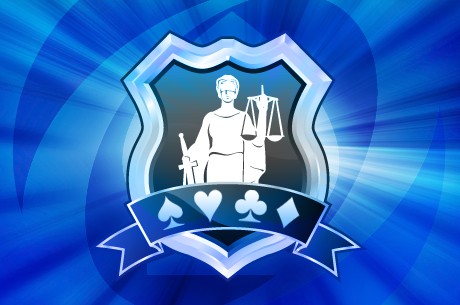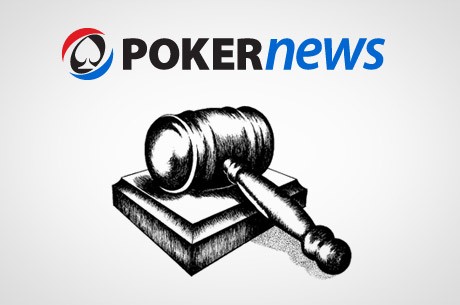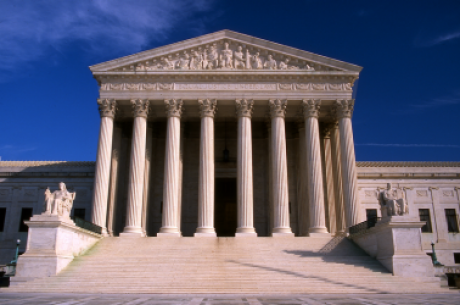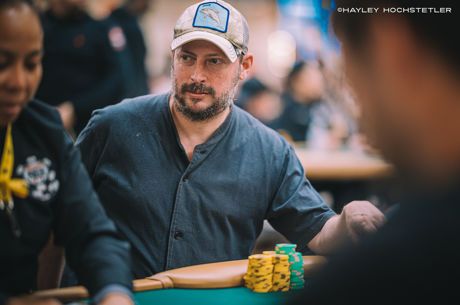Lawrence DiCristina's Poker Case Heard in U.S. Appeals Court

Oral arguments regarding the legality of online poker were heard Wednesday in New York's U.S. Second Circuit Court of Appeals.
Back in August of 2012, poker got an historic ruling from U.S. District Court Judge Jack Weinstein that poker was a game of skill and not illegal under the Internet Gambling Business Act. The case revolves around Lawrence DiCristina, a man who operated a regular poker game out of a warehouse in Brooklyn.
The Department of Justice appealed the ruling but has indicated that it isn't challenging the skill factor of poker, instead arguing that poker constitutes gambling under the IGBA regardless of skill.
A Circuit Court ruling that IGBA doesn't include poker would be a big victory for the legality of poker. As it's already been determined that The Wire Act doesn't apply to poker, the IGBA is the last federal law the DOJ interprets as making poker illegal and was at the center of the Black Friday indictments. Other charges of money laundering and violating the Unlawful Internet Gambling Enforcement Act were dependent on operating a poker business being unlawful under the IGBA.
The three-judge panel for the case consists of Denny Chin, Peter W. Hall and Chester J. Straub.
The case is sort of a freeroll for poker. If the DOJ wins, it will be able to continue interpreting the IGBA to include poker as it has been. If DiCristina wins, the DOJ won't have any legal standing against poker on a federal level. There also seems to be very little chance that the court would overrule Judge Weinstein's finding that poker is a game of skill since it doesn't affect the appeal.
"I'd be very surprised to see them overturn the finding that poker is in fact a game of skill, but if they interpreted the IGBA to include poker independent of the skill argument, the government will have its charge against people who run the poker biz, particularly the online poker biz," said Patrick Fleming, director of litigation support for the Poker Players Alliance, who traveled from New Hampshire to attend the hearing. "As a practical matter, I don't think much would change."
The PPA's legal team, headed by attorney Tom Goldstein, has supported DiCristina's counsel Neal Katyal during this process, during the written arguments. Goldstein wasn't allowed to speak at the oral arguments, which consisted of an opening from U.S. Attorney Loretta E. Lynch, an argument from Katyal and a short rebuttal from Lynch.
According to Fleming, the DOJ made the argument that of gambling in the IGBA means a simple wager, regardless of the skill/chance ratio. Katyal argued that everyone in Congress knew about poker yet did not specifically mention it in the 1955 statute, how as a game of skill poker is different from the games that are mentioned in the statute, and how the intent of the law was to assist in the fight against organized crime, something with which DiCristina has no involvement.
A ruling from the judges is expected in three to six months. If they do not address the skill factor of poker, Judge Weinstein's finding of fact regarding poker predominantly being a game of skill will stand and have some additional value from not being contradicted, but won't have the same strength as it would if confirmed by the higher court.
There is still a chance that the judges mention the skill of poker in their ruling even though the DOJ isn't challenging the point. It has been part of DiCristina's argument, and the DOJ did open up the issue in its written reply to the briefs from DiCristina and the PPA, indicating that the government's decision not to challenge the district court's finding on the skill issue does not constitute a concession that the district court was correct. The DOJ then went on for seven pages refuting the point it was not contesting.
There are different degrees to which the judges could address the skill factor, mentioning offhand that they don't question that poker is a game of skill, which would be nice, or directly saying that they agree with Judge Weinstein's finding that poker is a game of skill, which would be ideal but is probably too much to hope for.
A favorable ruling on the IGBA side would take the teeth out of the DOJ on future prosecutions of online poker sites that continue to operate in the U.S. and possibly motivate Congress to step in and act on a gray area that is coming up in the courts.
"Every time we can take an arrow out of the quiver of the anti-poker crowd, we've achieved something," Fleming said. "Everyone would like a clear law. Our legal challenges spur that political debate on and have the ability to force politicians to come up with something clear and definitive."
for up-to-the-minute news.








